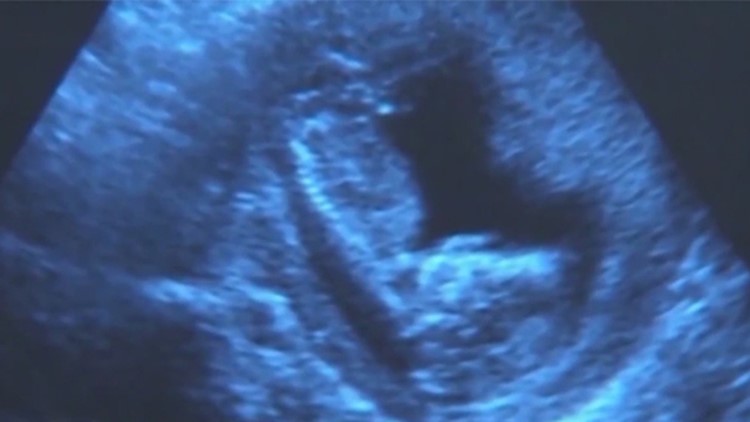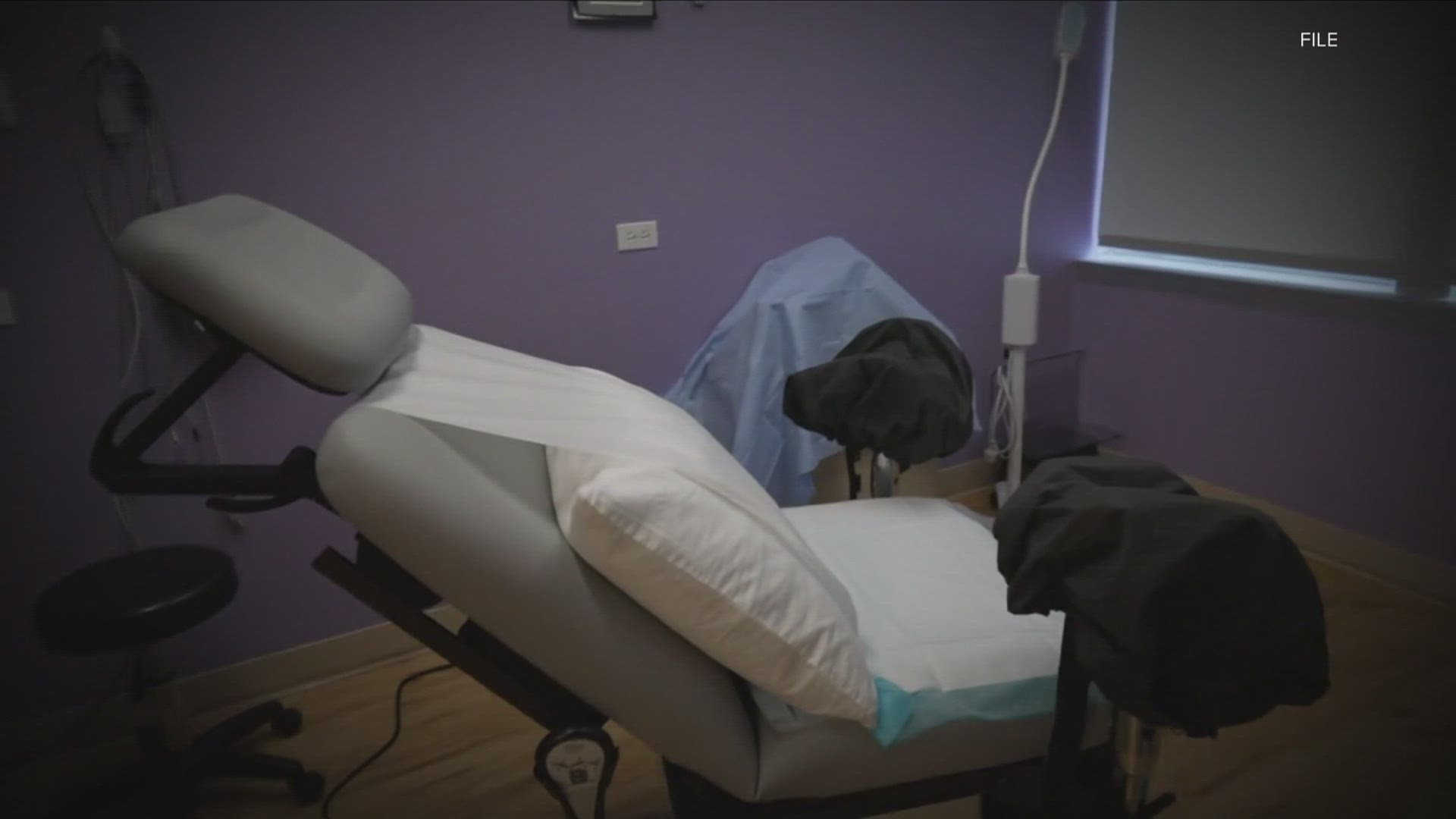NASHVILLE, Tenn. — A federal appeals court has upheld Tennessee's 48-hour waiting period for women seeking abortions.
Justices on Thursday argued that opponents had failed to identify instances where a woman had been significantly burdened by the requirement.
The decision comes after a lower federal court last year struck down the 2015 Tennessee law that requires those seeking an abortion to make two trips to a clinic — first for mandatory counseling and then for the abortion at least 48 hours later.
The Center for Reproductive Rights, which had filed the lawsuit on behalf of several abortion providers, criticized the court's ruling.
Read the center's full response below:
Today, the full Sixth Circuit Court of Appeals overturned a district court decision striking down a 48-hour mandatory waiting period for abortion in Tennessee. The Sixth Circuit had allowed the law to take effect in April 2021 on a temporary basis pending the state’s appeal.
The law requires patients to make two trips to a provider and wait at least two days to access abortion services after receiving in-person, state-mandated biased counseling. As found by the district court after a full trial, this restriction provides no benefit to patients and only makes abortion harder to access, especially the many Tennesseans who already face barriers to health care.
In a dissenting opinion joined by six other justices, Sixth Circuit Judge Karen Nelson Moore wrote, "[A] law that peddles in stigma, forces women into unnecessary and invasive surgical procedures, and forces low-income women to sacrifice basic necessities for themselves and their families in order to obtain an abortion is nothing if not an undue burden."
“Today’s decision completely ignores the trial court’s clear finding that this law imposes extreme burdens on Tennesseans seeking abortion,” said Nancy Northup, president & CEO at the Center for Reproductive Rights. “With this law, politicians are purporting they know better than patients when it comes to making personal decisions about their health care. It’s demeaning and medically unnecessary.”
"This law demeans patients and attacks their right to make their own decisions about their health,” said Alexis McGill Johnson, president and CEO, Planned Parenthood Federation of America. “Instead of focusing their attention on the health of residents, Tennessee’s leaders are chipping away at the protections under Roe v. Wade, further stigmatizing patients, and making abortion even harder to access. Planned Parenthood will continue fighting alongside our partners to ensure every person can access safe, legal abortion services — without medically unnecessary barriers. This isn’t over.”
In the district court’s decision striking down the law last year, Judge Bernard Friedman wrote, “[the] suggestion that women are overly emotional and must be required to cool off or calm down before having a medical procedure they have decided they want to have, and that they are constitutionally entitled to have, is highly insulting and paternalistic — and all the more so given that no such waiting periods apply to men.”
Last year, Tennessee passed new, sweeping anti-abortion laws — the most comprehensive attack on abortion passed by any state in 2020. One law bans abortions sought for certain reasons, including a Down syndrome diagnosis. Another bans abortion at different stages of pregnancy, starting as early as six weeks. The second law is currently blocked through another lawsuit filed by the Center, Planned Parenthood, and the ACLU.
This fall, the Supreme Court will hear a case challenging Mississippi’s ban on abortion after 15 weeks of pregnancy. This kind of ban on abortion prior to viability has been unconstitutional since 1973, when the Supreme Court decided the landmark case Roe v. Wade. In the Mississippi case--Dobbs v. Jackson Women’s Health Organization--the Supreme Court has agreed to consider whether prohibitions on abortion prior to viability are unconstitutional, and its decision could impact restrictions like the one upheld today.
The case challenging Tennessee’s mandatory waiting period requirement was brought by various abortion providers in the state, represented by the Center for Reproductive Rights, Planned Parenthood Federation of America (PPFA), Kramer Levin Naftalis & Frankel LLP, Barrett Johnston Martin & Garrison, LLC, and Jessee & Jessee.
Read the full opinion here.



